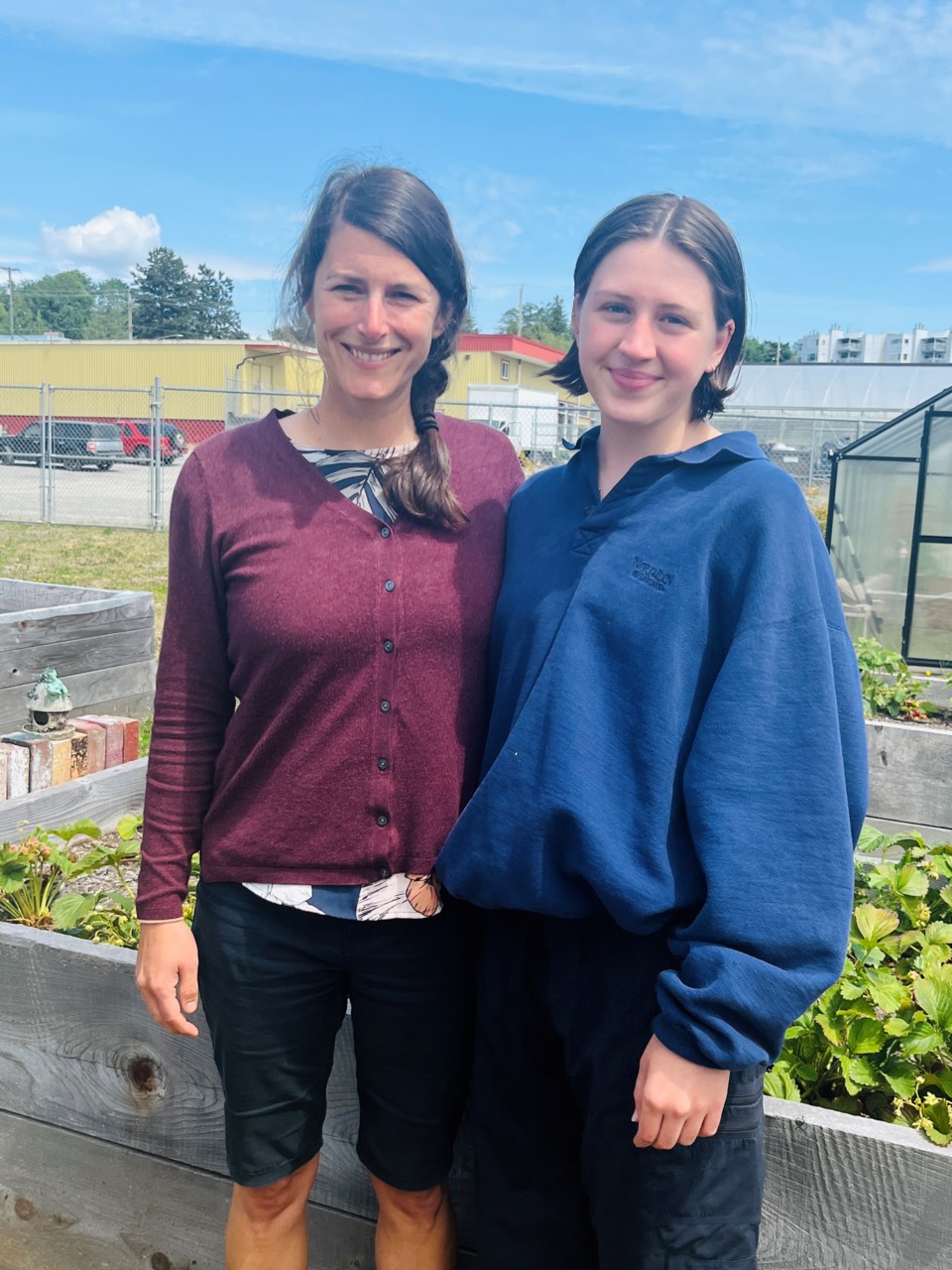The human brain is resilient and we now know it has the ability to change and adapt throughout life, even with injury. However, sustaining a brain injury is often life-changing, affecting memory, mobility, speech, emotions and behaviour.
June is brain injury awareness month in BC. Powell River Brain Injury Society is actively reaching out to the qathet community in order for the greater public to gain a better understanding of services it offers and to learn more about acquired brain injury.
"Statistics tell us that over 22,000 British Columbians sustain a brain injury every year," said community engagement coordinator Gretchen Conti. "Common causes of preventable injury include falls, sports injuries, vehicle collisions and overdose-induced hypoxia."
Another statistic is that 180,000 people in the province live with the effects of acquired brain injury. Often the injury is invisible to those on the outside, and thus why public education campaigns are key to reducing stigma.
Sophia Perun joined the brain injury society as a client support worker and is pursuing a degree in neurobiology and psychology.
"I'm studying the brain," said Perun. "I've been learning about the mechanisms of brain injury and what happens on a physical and emotional level."
Currently, Perun is a research assistant at University of Victoria’s Christie Concussion Laboratory.
"I've always thought the brain was super cool because it's so complex, and so, of course, the problems with the brain are also very complex and the injuries to the brain are also very complex," said Perun. "I've done a bit of academic research, volunteered at another brain injury society, but I wanted to get some practical experience and actually meet people."
Every day the brain injury space at 101-7020 Duncan Street is busy with folks dropping in and/or taking part in daily activities, such as art day on Wednesdays, led by Perun, a readers’ and writers’ group on Tuesdays, or on Fridays for a communal lunch.
"With folks new to the society, I direct them toward resources, and I talk to them about what might be going on for them," said Perun. "I could recommend a neurologist appointment, for example, because of specific things happening to them."
People who have a new head injury can feel frustrated, be in denial and confused about their situation and their future, she added.
On June 10, Courtenay-Alberni MP Gord Johns introduced Bill C-206, which aims to establish a National Strategy on Brain Injuries.
Folks who sustain a brain injury and do not receive the help they need can fall through the cracks. They are more likely to experience homelessness, incarceration and/or mental health conditions such as depression, anxiety and substance use.
"The space here is also very social," said Conti. "It's for people to come in and just basically hang out and be around peers, and people who understand and have had a similar experience."
Conti said the society recently launched a new and improved user-friendly website, new branding and a new logo.
"Sophia and I will be getting tables at PRISMA Festival, Blackberry Festival and wherever we can to get our faces out there," said Conti. "We want people to understand that the service is here, whether it be for them in the future, or whether it be for people in their community who don't necessarily know these services are available."
Perun said creating healthy habits every day is important for those with a brain injury.
"Sleep can get super dysregulated from a head injury, and some people lose sleep and their whole system goes out of whack," said Perun. "Maybe their appetite changes, maybe their circadian rhythm changes, then these are the things they need to hyper-focus on."
Like everyone else, creating good sleep habits, eating nutritious food and limiting screen time is important for maintaining a healthy brain and body, and very important for those with a brain injury.
“When a brain injury happens,” said Perun, “you really need to build your life around these healthy habits.”
Join the Peak’s email list for the top headlines right in your inbox Monday to Friday.




